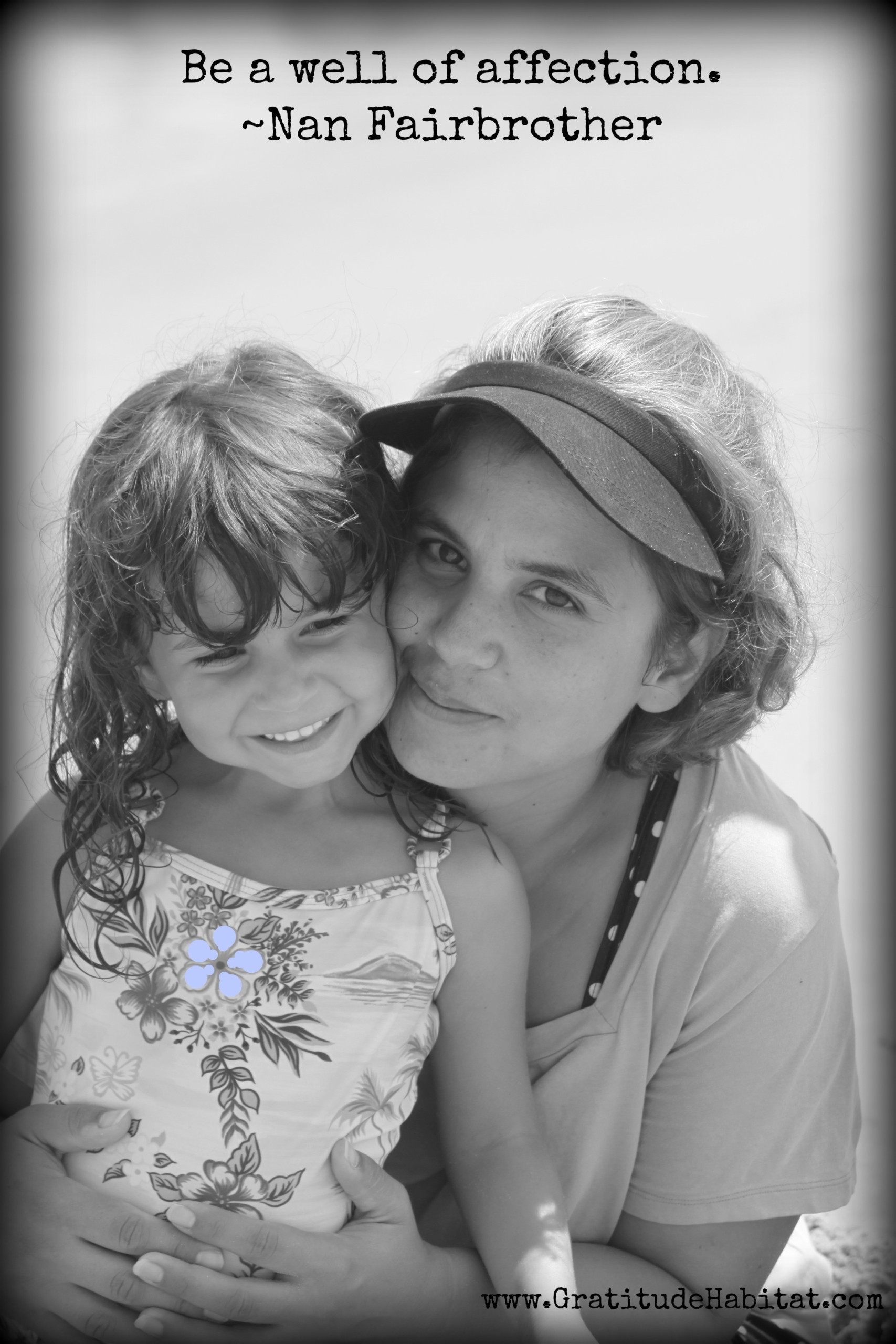Living In Gratitude: Compassion
The human brain has a systematic process to assess information rapidly. Part of this includes taking in and immediately evaluating details presented to us. Most of the time, this data input is so fast that we don’t recognize that we are forming opinions and making snap judgments.
Every single day, we judge situations and people. We make assumptions and, dare we admit, jump to conclusions.
Having compassion for ourselves and others evokes a different response. Compassion requires awareness of our judgmental thoughts and preconceived ideas. It asks for genuine concern and empathy for the plight of others.
Judging another person’s circumstances without viewing it through a lens of compassion is simply judgment. Assuming that the person in question deserves their plight because it was likely self-inflicted is not a compassionate response.
Compassion is defined as “a response to a situation perceived as unjust, serious, and relatable.”
Although not naturally inherent, we can learn to be compassionate. It requires us to suspend automatic judgment of and assumptions about others, replacing it with a heightened concern for their wellbeing.
Being compassionate enables us to step outside of ourselves and truly see the circumstances of other people. It allows us to understand and accept people for who they are – compassion embraces others’ humanity no matter their gender, age, race, or any other “defining” factor.

Before we can extend compassion to others, we must first show compassion to ourselves. When we practice self-compassion, we can recognize mistakes as opportunities for personal growth rather than incessantly criticizing ourselves for our lack of perfection. Self-compassion is kind, forgiving, and nonjudgmental. It also reduced anxiety, stress, and depression and amplifies wellbeing and interpersonal connection.
Self-compassion leads to compassion for others. A fundamental part of a healthy society, compassion compels humans to care about one another. Consider what the world would be like without those who wanted to help the sick, the poor, the marginalized…
Genuine compassion sets aside inequity and embraces diversity. It takes courage, character, and integrity. Compassion not only strives to understand but evokes action for the betterment of others.
Compassion is powerful.
Below are ways to tone your compassion muscle.
Volunteer your time, talents, or money to a worthy and deserving cause.
Be kind to yourself. Acknowledge mistakes and learn from them without being overly critical. Accepting and loving ourselves is the first step to being able to love and accept others.
Allow your heart to speak to you. We are taught to be logical, yet compassion springs from the heart. Set aside logic at times and let emotion flow through you.
Practicing gratitude is a wonderful way to nurture compassion. Appreciating all that you have enables you to feel compassion toward those less fortunate.
Be aware of and cast aside judgment. All of those instant conclusions we draw and assumptions we make are mostly untrue. How can we possibly know the full extent of another person’s circumstances? No one wants to be judged by others, so start by setting aside judgment and seeking to understand, connect, and have compassion.
Living in the moment helps us put away our tendency to fret and regret. Focus on experiencing this moment using all of your senses. It evokes joy and gratitude while giving your brain space to let go of worries, concerns, and even making those snap judgments.
May your day be filled with compassion, gratitude, and good things.






